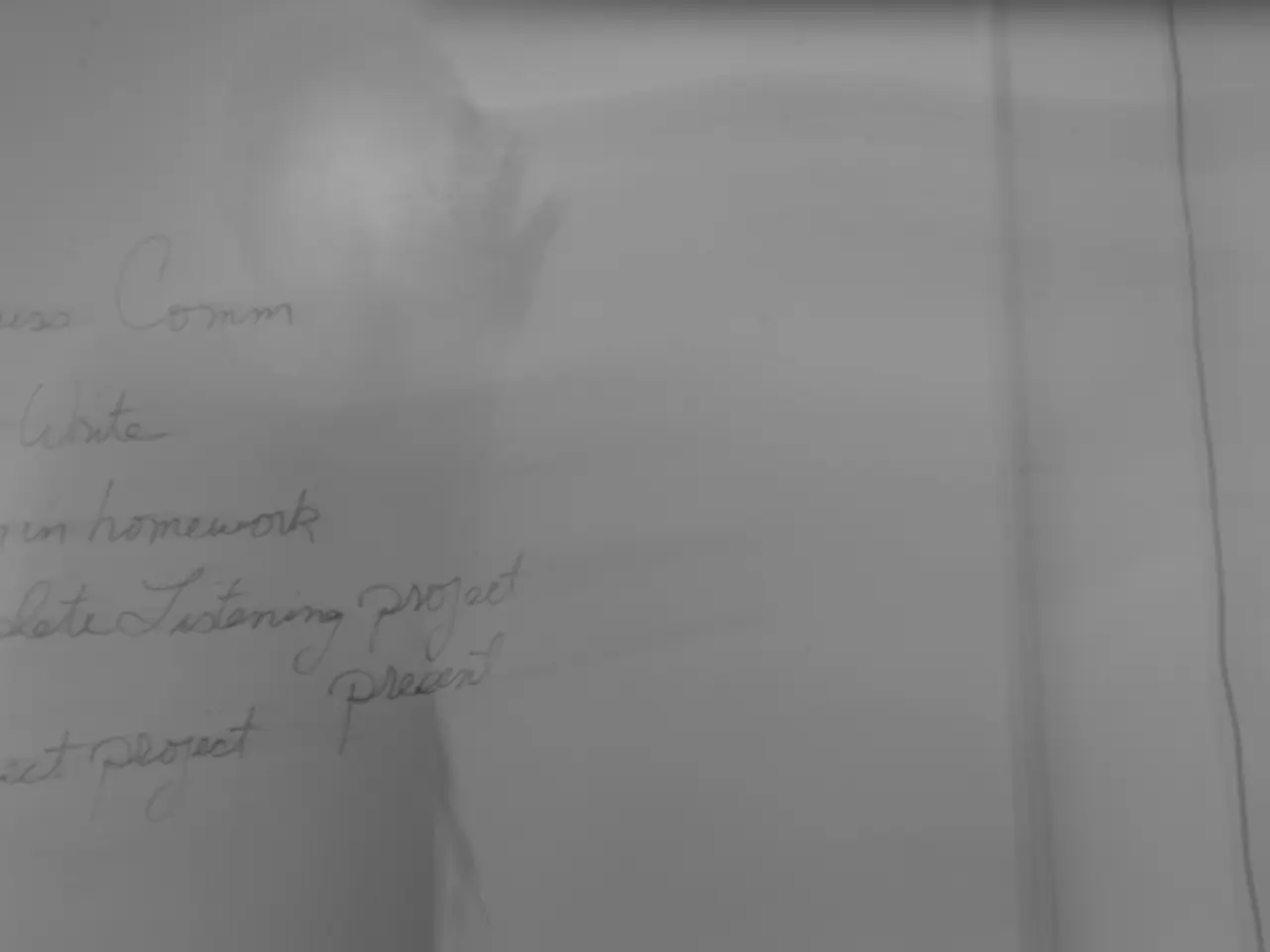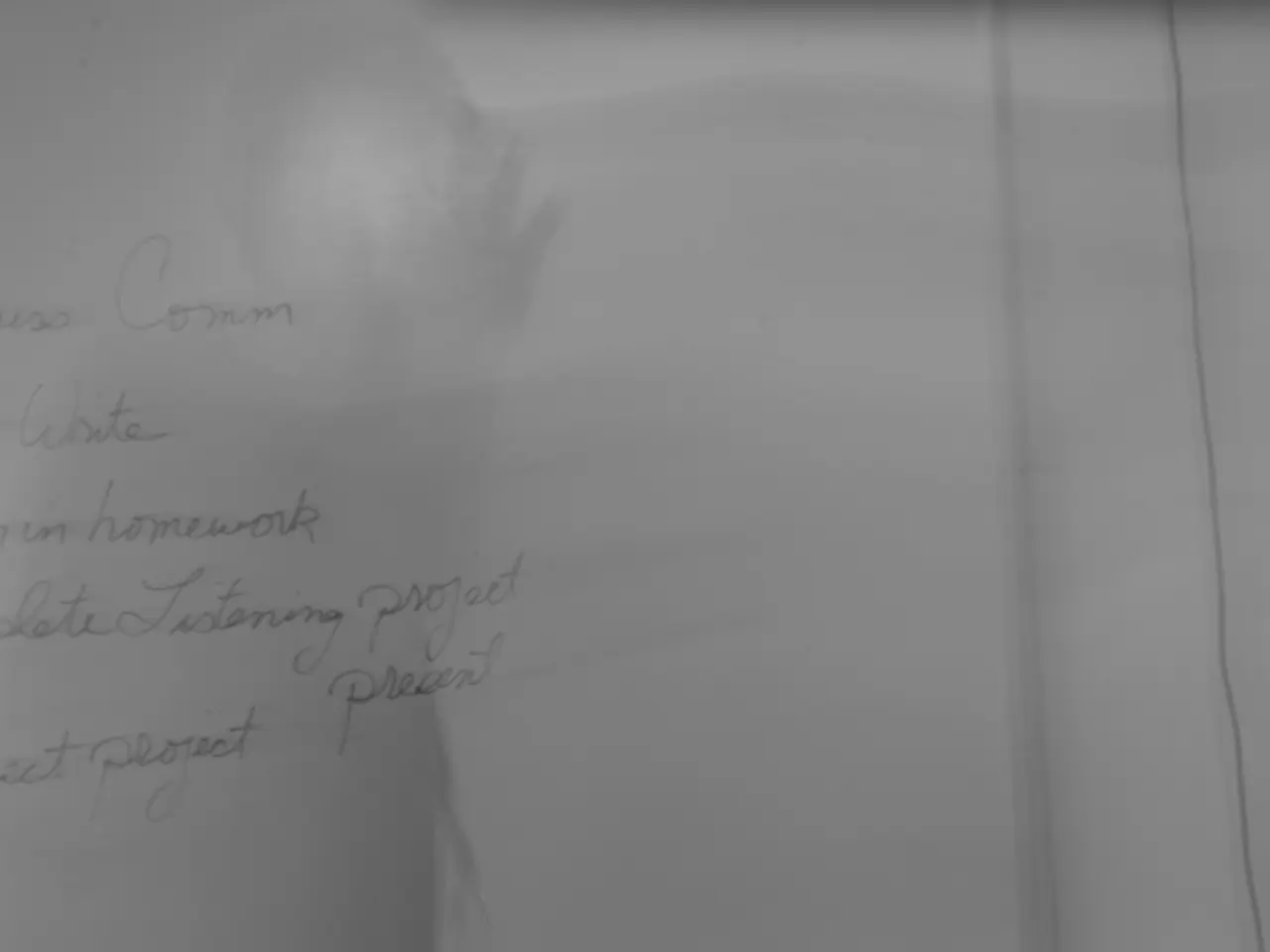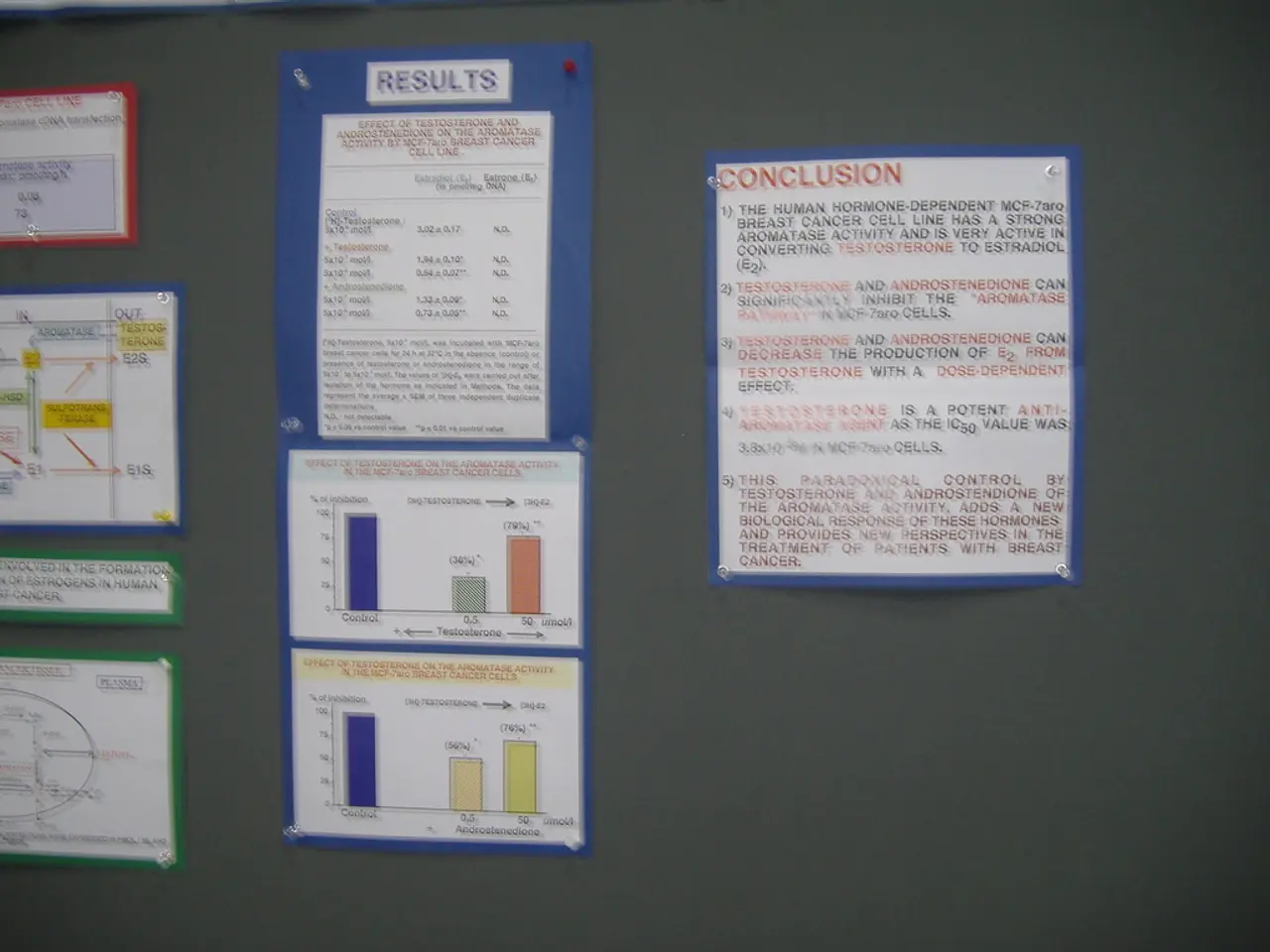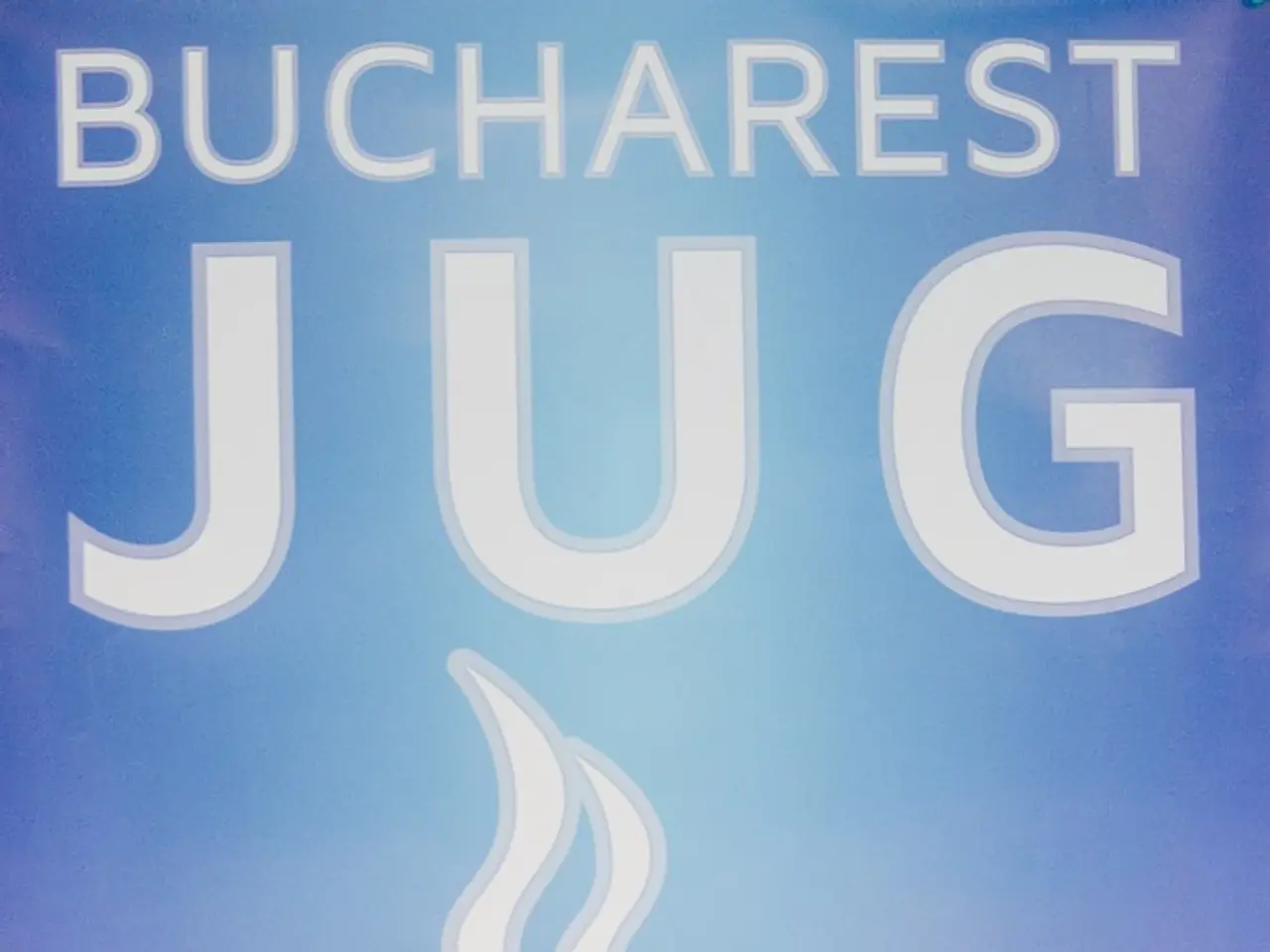Business Owners in Pennsylvania Pursue Legal Insight Regarding Laws Governing Non-Economic Injuries
** Frontloading the Fury: Small Business Struggles in PA's Tort Arena**
Small business owners in Pennsylvania are grappling with a chilling reality in the court system - noneconomic damages. These damages, covering pain, suffering, emotional distress, and leisure losses, come with slippery criteria that occasionaly lead to capricious and bloated jury decisions that weaken small businesses, especially those teetering on financial edges.
Currently, noneconomic damages awards lack clarity and consistency in their assessment and can be a heavy blow to hundreds of small businesses. The National Federation of Independent Business (NFIB), recognizing this predicament, has interjected its voice in the case of Paul Gill and Diane Gill v. Shell Oil Company, notching up the urgency for discernibility in these verdicts.
Beth Milito, Vice President and Executive Director of NFIB's Small Business Legal Center, encapsulates the core issue: "We're dealing with subjective noneconomic damages that can result in arbitrary and excessive jury awards denting small business defendants. This uncertainty and vague environment pose formidable challenges to small businesses' survival."
NFIB's amicus brief harbors two significant arguments:
- Straining the Tort System: The brief sheds light on the toll of burgeoning noneconomic damages awards on the legal system, accentuating the far-reaching implications for businesses and the judicial framework at large.
- Underpinning Justice Guardrails: NFIB demands a systematic framework to manage the ensuing of these awards, envisioning a fairer, more consistent assessment process.
The potential ramifications are preciptitous, forcing small business owners to deal with the fallout of indeterminate legal actions based on subjective damage valuations. As one might expect, cases with noneconomic damages are on the rise, with small businesses confronting the possibility of crippling financial aftermaths if unstructured criteria persist.
This concern isn't confined to the NFIB; it's extended to a coalition of revered legal and industry organizations, including the United States Chamber of Commerce and the Pennsylvania Chamber of Business and Industry. United in their purpose, they've rallied around this pressing need for legal reform.
On the frontlines of legal battles encompassing 40 cases, NFIB continues to champion small business owners within the labyrinthine court landscapes. In an ever-evolving legal environment, understanding the potential consequences of noneconomic damages is essential for small business owners. The specter of substantial jury awards can discourage entrepreneurial pursuits and instill a climate of unpredictability that stymies growth. Establishing tangible criteria for damage evaluation fosters fairness and barrier against unforeseen financial exposures.
Nevertheless, navigating these legal shifts may impose additional administrative burdens and costs. It's uber important for small business owners to remain abreast of the unfolding legal discourse and consult legal experts as necessary.
The ongoing discourse between law and small businesses validates the significance of clear-cut noneconomic damage criteria and the role it plays in the day-to-day operations of small businesses. Amidst the twists and turns, vigilant small business owners in Pennsylvania can better prepare for possible hurdles and endure with fortitude in the face of uncertainty.
To learn more about this pressing issue and NFIB's part in it, check out their announcement here.
NFIB's Unrelenting Crusade
The muddled and often unpredictable nature of noneconomic damages threatens small businesses in Pennsylvania, leaving them vulnerable to capricious and excessive jury verdicts that unfairly encumber these financially fragile organizations. In a bid to curtail these challenges, NFIB has taken a decisive stand in the case of Paul Gill and Diane Gill v. Shell Oil Company, et al. by filing an amicus brief with the Superior Court of Pennsylvania.
The brief advocates for two essential objectives:
- Countering Tort System Strain: NFIB argues that excessive noneconomic damages awards burden the legal system, causing ripple effects on businesses and the judicial ecosystem as a whole.
- Ushering in Clearer Guidelines: NFIB petitions for clear and consistent criteria to guide the assessment of noneconomic damages, striking a balance between fairness, consistency, and protection for small businesses.
The NFIB's call is bolstered by a formidable alliance, including the United States Chamber of Commerce, the Pennsylvania Chamber of Business and Industry, and several other relevant legal and industry entities. Pooling their resources, they are rallying the court to implement appropriate guardrails curbing large noneconomic damages awards, thereby lessening the financial peril faced by small businesses.
A succinct recap: Pennsylvania small businesses face considerable legal perils from vague noneconomic damage awards, and NFIB is championing the charge for clearer, more consistent legal tenets to safeguard these businesses against avoidable financial devastation.
To unearth more about this contentious matter and NFIB's crusade, delve into their declarative bulletin here.
Small businesses in Pennsylvania are seeking clarity and consistency in noneconomic damage awards, as unpredictable jury decisions can be financially crippling for small-business defendants teetering on financial edges. The National Federation of Independent Business (NFIB) has intervened, emphasizing the need for a fairer, more consistent assessment process in its amicus brief for the case of Paul Gill and Diane Gill v. Shell Oil Company. The NFIB advocates for tangible criteria for damage evaluation to minimize the strain on the tort system and protect small businesses from excessive legal burdens and financial exposures.




